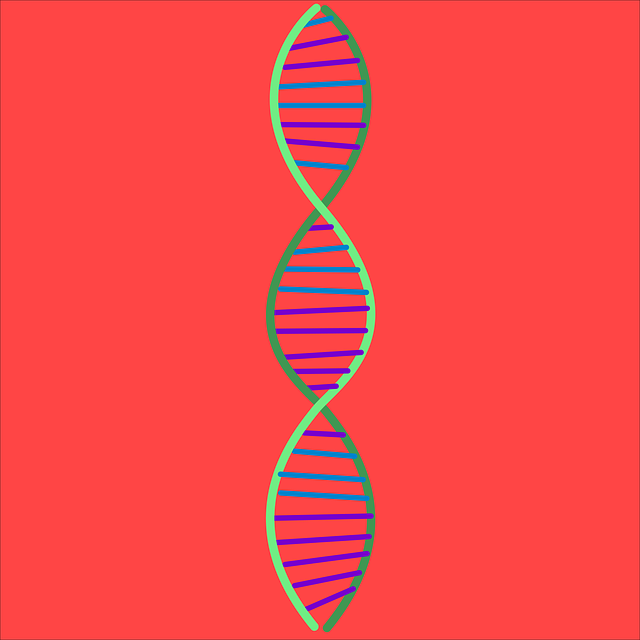Depression And Genetics: Single Gene Linked To Risk In Experiencing Depressive Symptoms

Depression is one of the most widespread and debilitating diseases in the world, but scientists still aren’t entirely sure what causes it. In a new study however, a team of researchers discovered that variants in a certain gene are linked to depression. Although other outside factors also contribute to your depression risk, the finding could open the door to more effective gene therapy treatments and better prevention techniques.
A study, now published online in Biological Psychiatry found a link between the gene NKPD1 and symptoms of depression, with estimates suggesting that the single gene may account for as much as 4 percent of the heritable risk for depression.
"We are the first to show a possible genetic connection in this respect," said first author Dr. Najaf Amin in a recent statement, suggesting that the genetic connection may lead to gene therapy treatments and better diagnosis options for individuals carrying this gene.
Read: Genetic Causes Of Depression: New Study Finds Major Clues
For the study, Amin and her team from Erasmus University Medical Center in the Netherlands and Nadezhda Belonogova of the Russian Academy of Sciences in Novosibirsk, Russia looked at the genome of nearly 2,000 people using information from the Erasmus Rucphen Family study. People who took part in this study are different from the general population in that they have lived in social isolation until recently. This makes them more likely to have rare gene variants, which in turn makes it easier to discover such variants. In addition, looking at their DNA, these individuals were also assessed for depressive symptoms.
Results revealed a link between several variants of the gene NKPD1 and higher depressive symptom scores. What’s more, additional analysis revealed this link also existed in the general public.
In 2016, another study carried out by Pfizer Pharmaceuticals claimed to have found 17 genes associated with a significantly increased risk for developing depression. Similar to the new study, this research consisted of comparing genetic testing with self-reported answers on depression symptoms.
The science on the genetics of depression is new, while some experts are skeptical of the reliability of self-reported testing, combined, these studies highlight the need for more genetic research on depression. In a statement on the study, Amin even suggested a future where depression patients will be assessed on the molecular pathology of their disease, and given personalized treatment plans to ensure best recovery.
Source: Amin N, Belonogova NM, Jovanova O, et al. Nonsynonymous Variation in NKPD1 Increases Depressive Symptoms in European Populations. Biological Psychiatry . 2017
See Also:
6 Different Types Of Depression, From Bipolar Disorder To Seasonal Affective Disorder



























